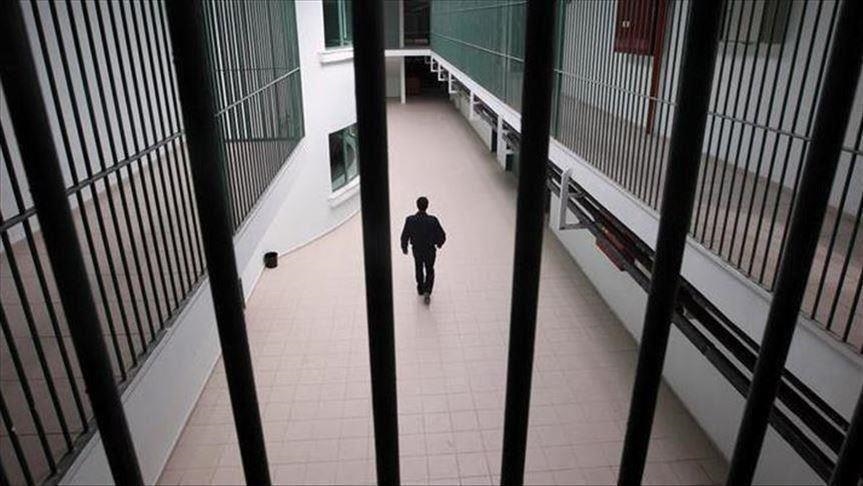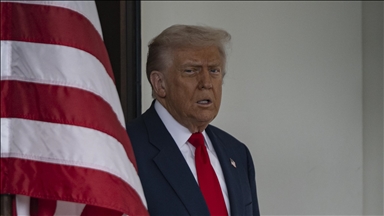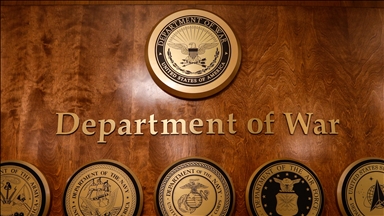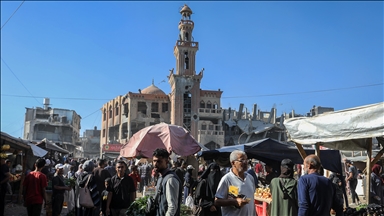US-Iran prisoner swaps: Key exchanges in history
US has long history dealing with Iran over hostage crisis, with Reagan, Obama administrations coming under fire for giving ‘concessions’

WASHINGTON
The US and Iran last week reached a tentative agreement that will see the release of five Americans from a Tehran prison and several Iranians detained in the US.
The deal, announced last Thursday, will also transfer to Qatar $6 billion of Iranian state assets frozen in South Korea.
The White House confirmed that US dual nationals Siamak Namazi, Morad Tahbaz, Emad Shargi, and two others who wish to remain anonymous -- who were "unjustly detained" by Iran, have been transferred to house arrest.
The White House has maintained that talks to finalize the deal remain ongoing and delicate but said there will be restrictions on how Iran would be allowed to use the frozen funds. Iran said the frozen funds will be used for "non-sanctioned goods."
State Department deputy spokesman Vedant Patel said the money had always been available to Iran for humanitarian use, adding that “allowing Iran to use such funds for humanitarian purposes is consistent with long standing US policy.”
Some Republican lawmakers criticize the Joe Biden administration's deal with Iran to free Americans.
Tom Cotton of the Senate Armed Services Committee called the deal a “ransom” and a “craven act of appeasement,” while Jim Risch of Idaho, the top Republican on the Senate Foreign Relations Committee, said unfreezing the assets “provides a windfall for regime aggression.”
Meanwhile, the US has a long history of dealing with Iran over the hostage crisis, with the US previously giving some concessions, such as trying to trade arms for hostages, unfreezing Iranian assets as well as sanctions relief.
Below is a chronology of major prisoner deals between Iran and the US:
1979-1981: US-Iran hostage crisis
In a diplomatic standoff between the US and Iran, which took place shortly after the Islamic revolution, Iranian students seized the US embassy in Tehran in November 1979, and took 52 Americans hostage for 444 days.
The US and Iran signed the Algiers Accords on Jan. 19, 1981 following the mediation efforts by the Algerian government, after which the hostages were released in return for the US lifting all trade sanctions against Iran and agreeing on unfreezing all Iranian assets within its jurisdiction.
The hostages were released the day after the signing of the accords, minutes after Ronald Reagan's inauguration as the 40th president of the US.
1985: Iran-Contra Scandal
The scandal occurred between 1981-1989 involving secret US arms sales to Iran in exchange for the release of Americans held hostage in Lebanon by Hezbollah.
Ronald Reagan’s administration reportedly used money from the sales to fund anti-government Contra militias in Nicaragua, which then president Ronald Reagan denied having any knowledge of.
The arms sales to Iran met criticism at a time when Iran was subjected to an arms embargo in large part due to the 1979 storming of the US Embassy in Tehran.
Several White House officials, including National Security Council member Col. Oliver North, were convicted over the investigation, and Reagan apologized in a televised address.
2016: $400M flown to Iran as US prisoners freed
In January 2016, a prisoner swap occurred between the US and Iran. Iranian convicts in US prisons were exchanged for four Americans detained by Tehran, including Washington Post journalist Jason Rezaian and marine veteran Amir Hekmati.
The Barack Obama administration was under fire from Republicans for transferring $400 million in cash to Iran as part of a nuclear deal signed the previous year that was used as "leverage" against Tehran to ensure release of the prisoners.
Critics of the Obama administration said the cash payment to Iran was a ransom while the Obama administration denied the accusations.
The funds were reportedly linked to a $1.7 billion settlement between the US and Iran stemming from a failed arms deal with exiled Iranian monarch Shah Mohammad Reza Pahlavi. The military equipment was not delivered to Iran following the country's 1979 Islamic Revolution.
US sanctions prohibit conducting dollar transactions with Iran.
2019: Iran frees US student in prisoner swap
Iran and the US conducted a prisoner swap in December 2019, which saw the release of the American graduate student Xiyue Wang in return for the Iranian scientist Massoud Soleimani held by Washington.
US officials said no ransom was paid or any concession was made.
Anadolu Agency website contains only a portion of the news stories offered to subscribers in the AA News Broadcasting System (HAS), and in summarized form. Please contact us for subscription options.







